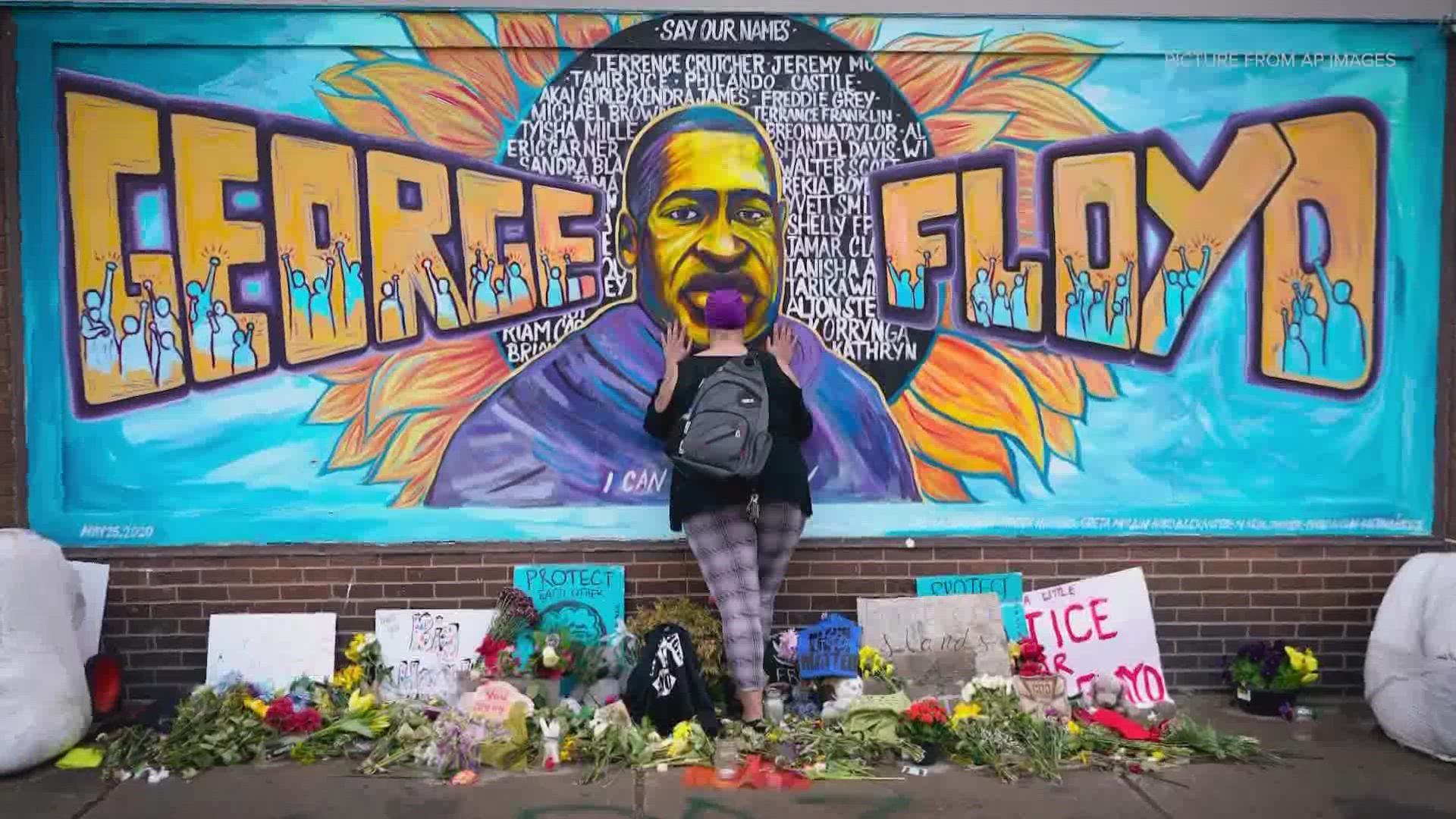SEATTLE — George Floyd was murdered two years ago, on May 25, 2020. The impact of his murder was immediately felt around the country – inspiring marches, protests and demands for racial equity.
Two years after his death, Black leaders engaged in equity work say meaningful changes have yet to come.
“I saw a lot of stuff, so I don’t really talk about all this that much more these days,” said Omari Salisbury, owner of Converge Media. Salisbury said he created Converge Media to make culturally relevant video content that uplifts and highlights the Black community across the Pacific Northwest.
“Here’s what people need to understand … going into that week, we had already been covering Ahmaud Arbery. Then you had Breonna [Taylor]. And then George Floyd, and man, it was like enough was enough,” Salisbury said.
During the summer of 2020, Salisbury live-streamed nearly every protest in Seattle.
“For a short time, you saw people in Seattle, from all walks of life, from all economic classes, you just saw the humanity in the city,” Salisbury said. “You had the masses, you have a lot of people that are like, ‘Man, how can we really make things better for Black people?’ and then they got distracted.”
“I think just like with everything else, out of sight, out of mind,” said Dr. Caprice Hollins, a race relations consultant and co-founder of Cultures Connecting.
Hollins said two years out from Floyd’s death, the systems and policies that disproportionately harm Black people have not changed.
“Institutionally, I would say nothing. In this country, as the United States, health care, the judicial system, the education system, K-12, higher [education], you know, these major areas that make up our system, I would say nothing,” said Hollins. “It just laid the foundation for people of color not to rest and for white people to join us as allies.”
The world’s largest corporations took notice, with many hiring diversity and inclusion consultants and mandating employee training about racism and belonging, to what Hollins says is mixed results.
“I would say in some cases, it is working. In most cases, it is not,” Hollins said. “It becomes more of a box that gets checked, rather than real work that’s being done in organizations.”
Both Salisbury and Hollins say real change will require continued persistence and major economic and institutional shifts.
“It is work that we have to do to look at pay equity, the language we use, the policies that we’re operating under, our everyday practices that benefit one group, typically white males, and put people of color … at a disadvantage. It’s a lot of work, and we need to not give up,” Hollins said.
“The harm being done to us is real, but the harm that was done through policies. And so what we have to look at is two years later, what policies have changed? Because money runs out. When things are actual policy changes… then that’s how you make things that are impactful,” Salisbury said.
For people looking to be part of the solution, Hollins said supporting minority-owned businesses, educating their children about the history of race in the United States and learning about the diverse cultures and communities within the U.S. is a good place to start.
“White people will say, ‘Well I recognize I have bias, but you know, what should I do?’ Well, then check your bias! Be mindful of your bias. Think about how your bias is showing up in conversations. When you offend people of color, don’t invalidate that offense. Don’t tell them they’re making too much out of it, or being too sensitive. You know, listen to them, lean into it,” Hollins said.
George Floyd's murder transformed Shayla Zartman, his cousin from Washington state, into an activist. It also fueled Zartman's years-long journey to find her place in the world, as a biracial woman raised in the predominately white city of Gig Harbor. On the second anniversary of Floyd's death, Zartman reflects on America's progress and her own.

